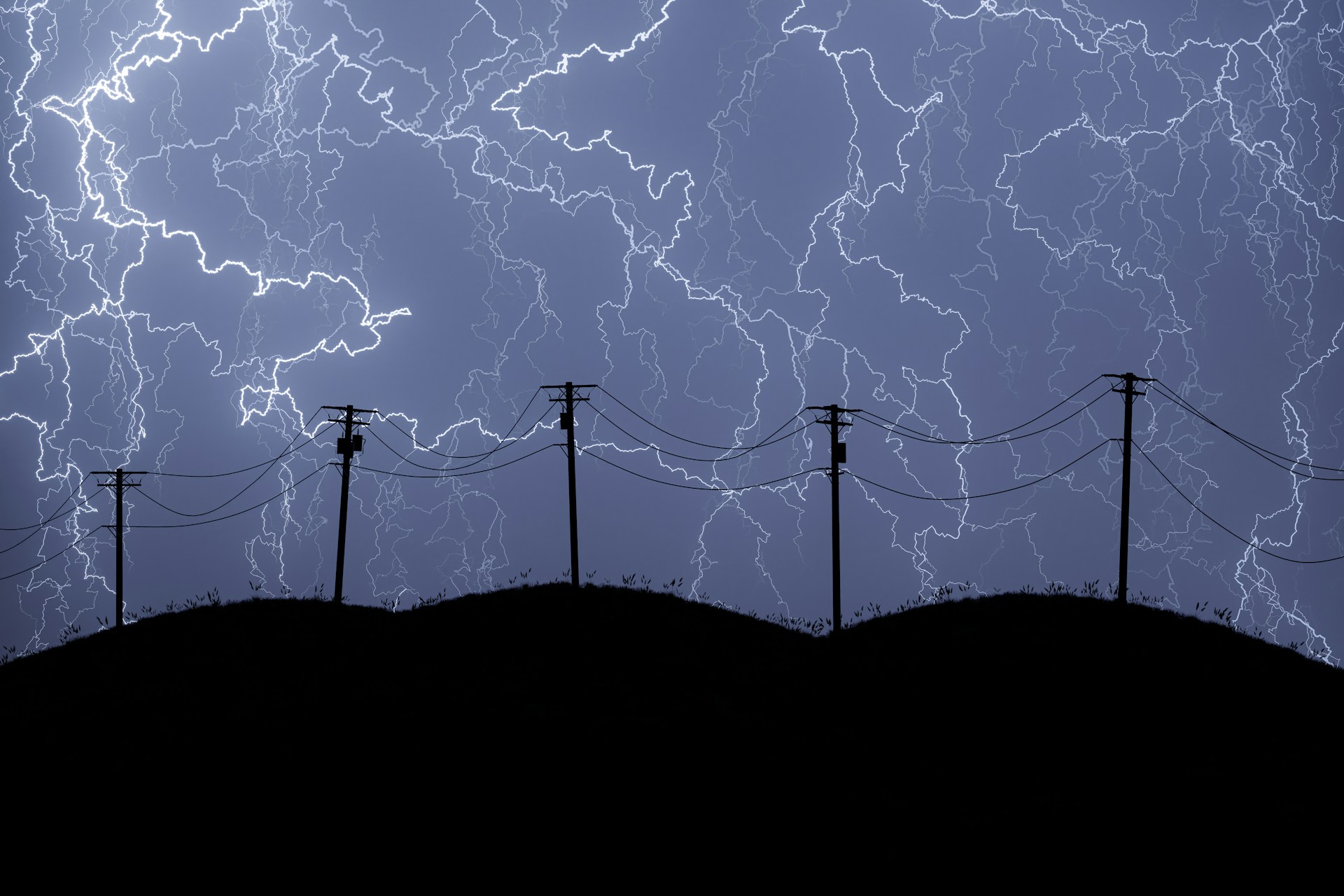Why did Jesus perform miracles? Why did he show himself able to command the wind and the waves, to walk on water, to drive out demons, or to heal people of their sickness?
He was showing by his actions that the words that he was speaking came directly from God.
If he was able to perform actions that only God could perform, then it is reasonable to believe that his words also were the words that God intended for him to speak.
In Jesus’s case, he was not only speaking words from God, he also claimed that he himself was God, and so the miracles that he performed were also intended to confirm that he, as God, was there in Israel in the form of a human being and in the person of Jesus, and the words that he was speaking as he claimed to be God were also true.
In the case of Elijah, God had told him to go to live with a woman and her son in the town of Zarephath. In that place, he had the woman make him bread from the very last of the flour and olive oil that they owned. There was a severe famine in the area as a result of rain being withheld for several years and so the woman and her son had come to the point where they believed that they were about to die. They had come to the end of their resources, the end of what they had. Elijah, though, told them that God had said that their flour and oil would not run out while he was there with them, until the day that the rains would return.
The woman, though, seems to have remained unsure. It wasn’t until her son became sick and eventually died, only to be resurrected by Elijah’s prayers over the boy that she fully believed Elijah’s words came from God:
The LORD heard Elijah’s cry, and the boy’s life returned to him, and he lived. Elijah picked up the child and carried him down from the room into the house. He gave him to his mother and said, “Look, your son is alive!”
Then the woman said to Elijah, “Now I know that you are a man of God and that the word of the LORD from your mouth is the truth.”
1 Kings 17:22-24
In several cases, I have heard people in the church speak of the “authority” that they have over spirits, demons, sicknesses, and other types of difficult situations. Yet at the same time, they also speak of God in ways that run contrary to who he is and what we have already been told in the word of God. In these cases, I’m reminded that we often like the idea of seeing God give us power, and being able to exercise that power, without really knowing God or understanding his character. In other words, we like the power that God can give to us because we like to demonstrate in front of others that we have some special ability, but we do not necessarily like him for who he is, his true self.
In short, in those cases, our interest is in impressing man and being known as a type of godly person as a result of some special power, not in impressing God by living for him. In those cases, we want the glory to come to us, not to go to him.
Obviously this is a problem.
The purpose of a miracle, or some type of action that only God can perform, is to confirm the words that are being spoken. The confirmation in the form of a miracle is that those words that the person is speaking have come from God.
But our role is not to desire the miracles nor the power, but instead to know, to love, and to obey what God has told us. In this way, God receives the glory for what he has done, not us. If God decides to do a miracle, then great. He should receive glory for what he has done! He is showing his power and confirming his word. This has both happened to me and has happened through me, and I can confirm that it is possible. But the power is not ours to give. It is the Lord’s power to distribute when he is ready and to whom that he desires, so as to confirm what he has said.








